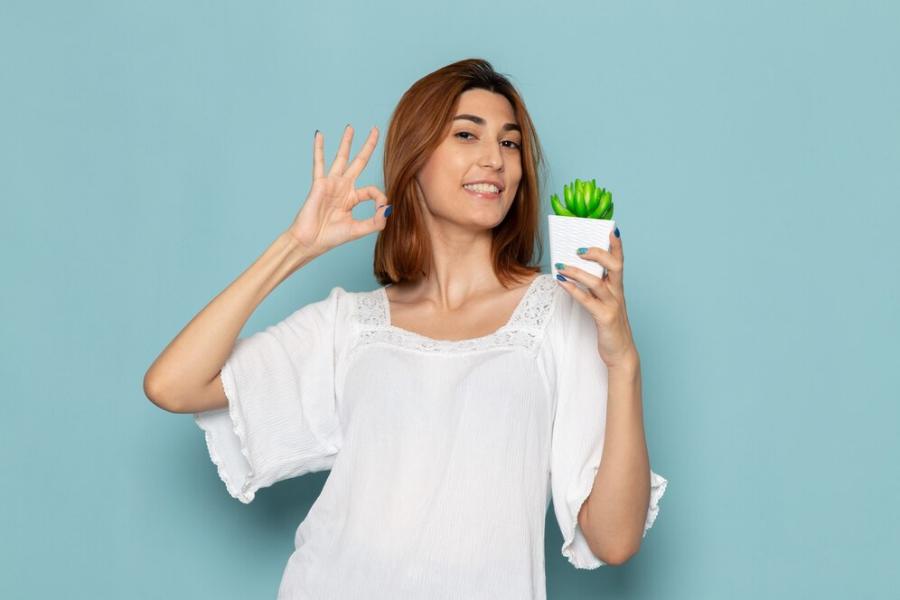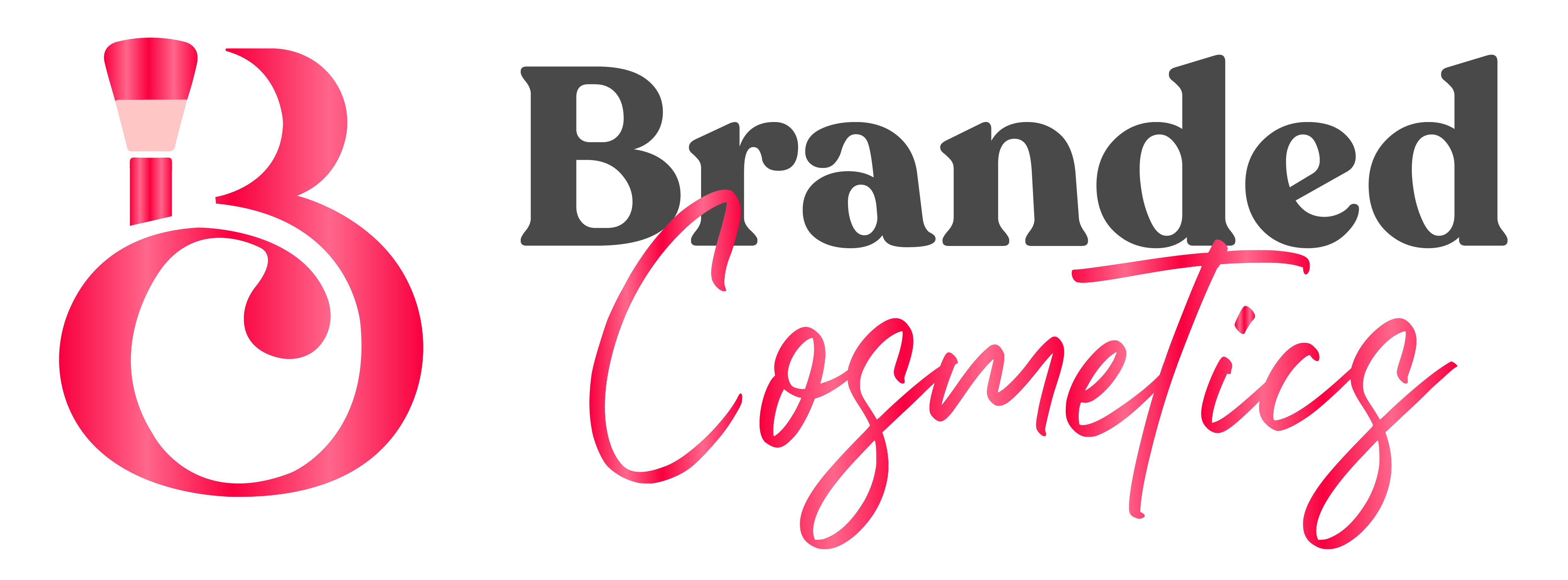Vegan & Cruelty-Free Cosmetics:Are They Worth the Hype?

The beauty industry is undergoing a revolution, with vegan and cruelty-free cosmetics surging in popularity. Consumers are increasingly drawn to products that promise ethical integrity, environmental benefits, and personal health advantages. Terms like clean beauty, conscious beauty, and vegan makeup dominate marketing campaigns, signaling a shift away from traditional cosmetics laden with animal-derived ingredients. From foundation to lipstick, brands are reinventing formulas to meet the demand for ethical beauty. But what’s fueling this trend, and do these products truly deliver?
What Are Vegan and Cruelty-Free Cosmetics?
To understand the hype, we need to define the terms. Vegan cosmetics exclude all animal-derived ingredients, such as beeswax, carmine, or collagen, opting instead for plant-based or synthetic alternatives. Cruelty-free cosmetics, meanwhile, are not subjected to animal testing at any stage of production. Though often paired, the two aren’t identical—a product can be cruelty-free but still contain animal-derived elements, or vegan yet tested on animals (a rarity today).
This distinction matters to consumers embracing conscious beauty. A 2023 report by Grand View Research predicts the vegan makeup market will hit $28.5 billion by 2030, reflecting a growing appetite for ethical options. Certifications like Leaping Bunny and PETA’s Beauty Without Bunnies program have become gold standards, guiding shoppers toward trustworthy brands.
The Ethical Push: Ending Animal Testing
The ethical appeal of cruelty-free cosmetics is undeniable. Historically, animal testing was routine, with creatures like rabbits and mice enduring painful experiments to verify product safety. The public backlash, fueled by animal rights activism, turned the tide. Today, bans on animal testing span the European Union, India, and beyond, while consumer pressure has made cruelty-free a selling point even where it’s still legal, like the U.S.
Choosing vegan and cruelty-free products feels like a stand against suffering. Beyond avoiding animal testing, vegan makeup rejects the exploitation tied to harvesting animal-derived ingredients. For many, this dual commitment is the heart of conscious beauty a way to look good while doing good.
Environmental Impact: Green Glamour or Greenwashing?
The environmental case for vegan and cruelty-free cosmetics is equally compelling. Ingredients derived from animals often stem from industrial farming, a major contributor to emissions and habitat loss. By contrast, natural ingredients like shea butter or almond oil promise a lighter ecological footprint, aligning with the ethos of clean beauty.
Brands amplify this narrative with sustainable packaging and carbon-neutral goals. The Body Shop, a cruelty-free trailblazer, aims for fully vegan products by 2025, while indie labels like Herbivore tout natural ingredients and minimalist design. Yet, the story has wrinkles some plant-based substitutes, like palm oil, harm ecosystems, and greenwashing clouds the clean beauty label.
Health Benefits: Are Natural Ingredients Better?
Health-conscious consumers gravitate toward vegan makeup for its perceived purity. Free of animal-derived ingredients, these products are often marketed as gentler, especially for sensitive skin. Brands like Drunk Elephant champion clean beauty with natural ingredients, avoiding synthetic irritants.
But the science is nuanced. While some animal-derived components can provoke reactions, natural ingredients aren’t universally safe think essential oils or nut extracts. Still, the vegan and cruelty-free movement thrives on the allure of simplicity and transparency, resonating with those wary of chemical-heavy formulas.
Performance Check: Does Vegan Makeup Measure Up?
Early vegan cosmetics faced criticism for subpar performance clumpy mascaras, dull lipsticks. Advances in technology have changed that. Today, vegan makeup from brands like Tarte and Fenty Beauty rivals traditional options, with synthetic alternatives mimicking animal-derived ingredients like collagen or keratin.
Consumers notice the difference. On social platforms, cruelty-free cosmetics earn praise for vibrant pigments and lasting wear. The gap between ethical and effective has narrowed, making vegan and cruelty-free a viable choice for beauty enthusiasts.
adipiscing elit. Ut elit tellus, luctus nec ullamcorper mattis, pulvinar dapibus leo.
The Cost Conundrum: Price vs. Principles
Despite their appeal, vegan and cruelty-free cosmetics come with challenges. Ethical sourcing and certifications often inflate costs, pricing out some buyers. A vegan moisturizer might cost $50, while a conventional one is $10 a stark divide.
Accessibility compounds the issue. Urban centres and online stores abound with clean beauty options, but rural areas lag. Mainstream retailers are catching up, yet the premium on conscious beauty remains a hurdle for mass adoption.
Regulation Gaps: Trusting the Labels
Labeling adds another layer of complexity. Terms like cruelty-free and vegan lack universal oversight in many regions, including the U.S., where brands self-regulate. A cruelty-free claim might falter if a product is sold in markets requiring animal testing, like pre-2021 China.
Certifications help, but not all companies pursue them. For consumers, navigating this patchwork demands diligence checking ingredient lists and researching brand practices to ensure vegan and cruelty-free promises hold true.
The Clean Beauty Craze: Marketing or Merit?
The rise of vegan and cruelty-free cosmetics owes much to branding. Influencers flaunt clean beauty hauls on TikTok, while celebrities like Millie Bobby Brown launch vegan makeup lines. The aesthetic—sleek, eco-chic packaging sells a lifestyle as much as a product.
This hype drives sales. A 2024 Statista survey found 62% of U.S. users satisfied with vegan cosmetics, citing quality and ethics. But critics see a performative edge a trend for the privileged rather than a fix for deeper industry flaws.
Conscious Beauty in Action: Real-World Impact
Does choosing vegan and cruelty-free matter? Proponents say yes. Each purchase signals demand, nudging brands away from animal testing and animal-derived ingredients. Collective action has already spurred bans and reformulated classics.
Yet the impact has limits. Alternative testing methods, while innovative, aren’t foolproof, and the beauty industry’s scale means ethical shifts are gradual. Still, conscious beauty offers a tangible step toward change.
Are Vegan and Cruelty-Free Cosmetics Worth It?
So, are vegan and cruelty-free cosmetics worth the hype? For those prioritizing ethics, the answer is clear avoiding animal testing and animal-derived ingredients aligns with a compassionate worldview. Environmentally, they edge out traditional options, though not without caveats.
Performance-wise, vegan makeup holds its own, thanks to natural ingredients and innovation. But cost, accessibility, and regulatory gaps temper the enthusiasm. Buyers must weigh their values against their wallets, sifting through marketing to find substance.
The Future of Beauty: A Conscious Evolution
The rise of vegan and cruelty-free cosmetics signals a broader evolution. As clean beauty and conscious beauty gain traction, the industry faces pressure to innovate ethically. Whether this shift transforms beauty—or remains a trendy niche depends on sustained consumer demand.
For now, vegan and cruelty-free products offer a compelling mix of style, ethics, and quality. They’re not perfect, but they’re proof that beauty can reflect deeper values one natural ingredient at a time.
FAQS
Is IT Cosmetics cruelty-free and vegan?
IT Cosmetics is cruelty-free, meaning they do not test on animals. However, they are not 100% vegan, as some products contain animal-derived ingredients. They are certified by PETA as cruelty-free. Always check product labels for vegan-friendly options. Their parent company, L’Oréal, is not cruelty-free.
Does 100% vegan mean cruelty-free?
No, 100% vegan means a product contains no animal-derived ingredients. However, it does not guarantee that the product has not been tested on animals. Some brands may be vegan but still conduct animal testing where required by law. Always check for cruelty-free certification along with vegan labeling. Cruelty-free and vegan are related but not the same.
Is Maybelline cruelty-free and vegan?
No, Maybelline is not cruelty-free, as they allow animal testing where required by law. They do not have cruelty-free certification from PETA or Leaping Bunny. Additionally, they are not a vegan brand since some products contain animal-derived ingredients. While they may offer some vegan-friendly products, they are not 100% vegan. Their parent company, L’Oréal, also permits animal testing in certain markets.
Does vegan skincare mean cruelty-free?
Not always—vegan skincare means no animal-derived ingredients, but it may still be tested on animals. Some brands claim to be vegan but sell in countries requiring animal testing. To ensure a product is both vegan and cruelty-free, check for certifications like Leaping Bunny or PETA. A product can be vegan but not cruelty-free, and vice versa. Always research the brand’s policies for clarity.
What is the difference between a vegan company and a cruelty-free company?
A vegan company does not use any animal-derived ingredients in its products. A cruelty-free company does not test on animals but may still use animal-based ingredients like beeswax or lanolin. A brand can be cruelty-free without being vegan and vice versa. For both qualities, look for “vegan & cruelty-free” certifications. Always check labels and brand policies for confirmation
